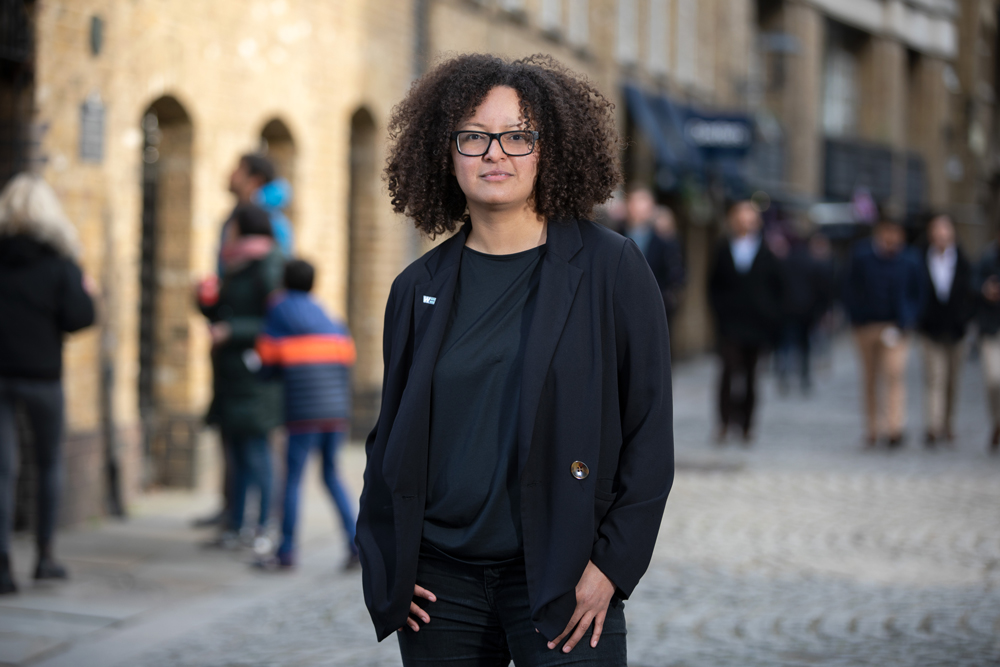I watched the heartbreaking conclusion of Sunday night’s European Championship final with four friends: two black men, and two white women. As Saka’s penalty was saved by the Italian goalkeeper, sealing Italy’s victory over England, me and the guys withdrew a little into ourselves. Yes, we were gutted about the outcome of the game, but more than that, we knew what was coming. We knew that a racist backlash against Rashford, Sancho, and Saka (the England players who’d missed their penalties – all young black men) was inevitable because the margin of error that black people are given is always less than their white peers.
When I voiced this, I was immediately met with incredulity from one of the women – “it doesn’t matter that they’re black” she insisted, “no-one’s going to make a big deal about that”. She wasn’t hostile, rather there was a pleading desperation in her voice. It was as if she really needed to believe that racism is a thing of the past. The guys and I made eye contact again – “she doesn’t understand,” we said silently to one another with weary resignation. There was a palpable tension in the room that hadn’t been there before – a feeling of distance between those of us for whom racism is as omnipresent as the air we breathe and those for whom it is easier to live in denial about it.
As a black person in public life in the UK acceptance and support is conditional. Your humanity is only recognised when you’re deemed to be ‘of use’, your margin for error and any leeway you’re afforded is almost always less than your white peers.https://t.co/ydJqIOMX7f
— Mandu Reid (@ManduReid) July 12, 2021
It reminded me of how I felt after the Government’s Commission on Race and Ethnic Disparities published its extraordinary report in March this year with the headline finding that “the UK is not institutionally racist”. In the days after its publication my reaction swung between visceral fury and indignation, to the same hollow feeling of weary resignation I felt on Sunday when I realised my friends didn’t understand.
I am certain that the choreography behind this report’s development and publication was political in the most cynical way. We were not the audience for this report. When I say ‘we’ – I am talking about those of us who experience racism, as well as anyone who acknowledges, abhors, and wants to address it.
But there is an audience for it, manufactured or otherwise, and it is being stoked. The same audience that Priti Patel dog-whistled with her condemnation of footballers who took the knee. The same audience that Boris Johnson laughed along with when describing our ‘watermelon smiles’. The same audience who right now are celebrating the decimation of our foreign aid budget, as if humanity makes us poorer – as if equality is a zero-sum game.










